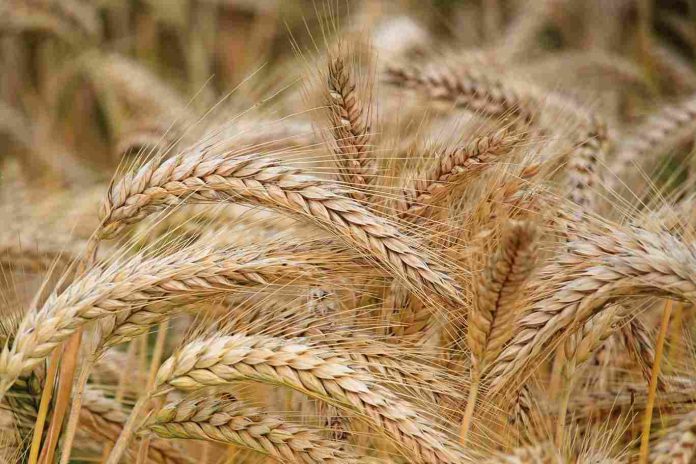Wheat, a staple crop for centuries, is not only a crucial source of carbohydrates but also boasts an impressive protein profile that contributes to its nutritional value. Protein is a fundamental component of a balanced diet, playing a vital role in building and repairing tissues, supporting immune function, and maintaining overall health. In this article, we delve into the world of wheat protein, its types, benefits, and its significance in our daily lives.
Types of Wheat Protein
Wheat contains two primary types of protein: gluten and non-gluten proteins. Gluten, composed of two proteins – gliadin and gluten-in, gives wheat its unique elastic properties, making it suitable for baking purposes. Gluten proteins provide structure and texture to bread, pasta, and other baked goods, allowing them to rise and maintain their shape.
Non-gluten proteins, on the other hand, contribute to a lesser-known aspect of wheat’s nutritional profile. These proteins are divided into albumins, globulins, and prolactin. Albumins and globulins are soluble proteins found in wheat germ and bran, whereas prolactin, like gladioli, are insoluble storage proteins found in the endosperm.
Benefits of Wheat Protein
Muscle Health and Repair: Protein is essential for the growth and repair of muscles. The protein content in wheat aids in providing the necessary amino acids required for muscle tissue maintenance, making it an essential component for athletes and individuals engaged in physical activities.
Weight Management: Protein-rich foods, including wheat, can contribute to increased feelings of fullness and satiety. This can potentially help in managing weight by reducing overeating and snacking between meals.
Blood Sugar Regulation: The presence of protein in wheat can slow down the absorption of carbohydrates in the digestive system, leading to a gradual release of glucose into the bloodstream. This can aid in maintaining stable blood sugar levels, which is particularly important for individuals with diabetes.
Vital Nutrient Source: Wheat protein offers essential amino acids that the body cannot produce on its own. These amino acids play a crucial role in various bodily functions, such as enzyme production, immune response, and hormone synthesis.
Cellular Health: Protein is the building block of cells. It contributes to the formation of enzymes, which are essential for catalysing chemical reactions in the body, and antibodies, which are vital for the immune system.
Wheat Protein and Dietary Considerations
While wheat protein offers numerous benefits, it’s essential to be mindful of dietary considerations, particularly for those with specific health concerns:
Gluten Sensitivity and Celiac Disease: For individuals with gluten sensitivity or celiac disease, consuming wheat-based products can lead to adverse reactions. These conditions necessitate the avoidance of gluten-containing foods and the exploration of gluten-free alternatives.
Balancing Protein Intake: While wheat protein contributes to overall protein intake, it’s important to consume a diverse range of protein sources to ensure a complete amino acid profile. Complementing wheat protein with other plant-based or animal-based proteins can help achieve balanced nutrition.
Conclusion
Wheat protein is an integral part of the nutritional landscape, offering a range of benefits that extend beyond its role in baking. From aiding muscle health and weight management to contributing to blood sugar regulation, wheat protein plays a multifaceted role in maintaining overall health. As we continue to explore the intersection of nutrition and well-being, understanding the power of protein in wheat opens up new avenues for promoting a balanced and wholesome diet. However, it’s crucial to remember that individual dietary needs vary, and consulting with healthcare professionals can help tailor nutritional choices to specific health conditions and goals.


























